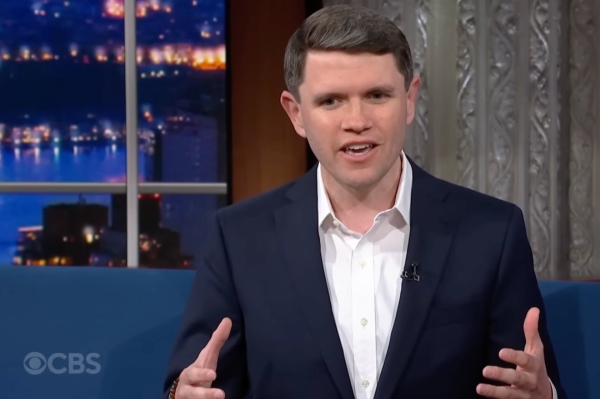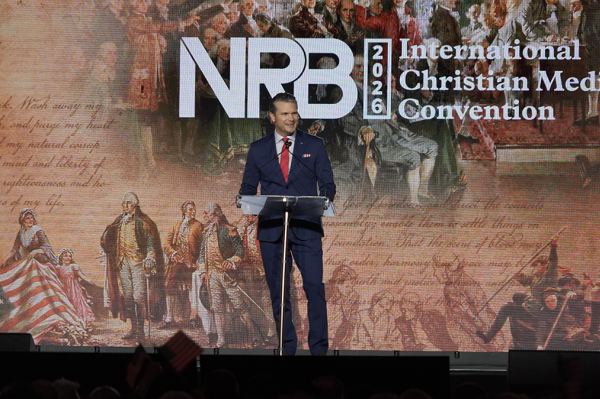Rethinking Youth Ministry for Postmodern Age
Few youth workers are satisfied with what's going on in youth ministry, a Christian author and youth leader says.
Many youth leaders are not seeing a lot of transformation happening in their youth groups, according to Chris Folmsbee, author of a new book, A New Kind of Youth Ministry. But they are not doing anything to change it either.
"We need to help the youth ministry world understand that it's okay that we admit that things aren't going great but then where do we go from there?" said Folmsbee in an interview with Youth Specialties.
Folmsbee, a pastor's kid, grew up in the church but didn't learn much of the Bible. What he remembered, though, was the people in youth group who cared for him and invested in him.
Rather than thinking up events or innovative programs to keep youths afloat in ministry, Folmsbee asked, "Relationally, how can we connect with them?"
"I could approach this in one of two ways," he said. "I could keep doing ministry to youth or I could start engaging students and build meaningful relationships with them."
Folmsbee's new book does not present a new model or a specific formula for youth ministry. Instead, it's an attempt to look at some of the tenets of youth ministry – evangelism, discipleship, student leadership and missions trips, he said.
"Part of why we're discontented [is] we have these models that don't seem to be working but we're not doing much else to change that."
While practical, the book provides a "new lens" through which to look at youth ministry, prompting youth workers to ponder different and more effective ways ministry can be done based on the way church culture and student culture is, Folmsbee explained.
"Could we really start to do something different?" he posed to youth leaders.
And not just for the sake of change, he added, but changing for maximum impact.
Another concern raised was the "chasm" between elder leadership in the church and the younger leaders especially in conversations around postmodernism.
Folmsbee sees a widening chasm between young workers who want to do ministry in a new way and older leaders who want to stick to traditional ways. The issue does not arise simply because of generational differences, but because of differences in ministry philosophies, he said.
And a lot of times, youth are misunderstood and labeled as being "bad people."
However, there is hope, Folmsbee said.
The youth leader is currently experimenting with "reculturing," a concept he came across by author Michael Fullan, on his 25-year-old youth ministry, Sonlife.
Reculturing is creating a culture that's always changing, Folmsbee defined, "because we want to always be doing the best we can possibly do to reach students."
Youth Ministry consultant Mark Riddle applauds Folmsbee's new book not because it provides all the answers but because it takes youth workers somewhere new, Riddle said in his blog.
"It is the first book pointing us to doing youth ministry differently," said Riddle. "There have been plenty of books who talk about different kinds of youth ministry ... but they lack the idea of actually reculturing our church."
Rather than a new model, Folmsbee puts forward a way to rethink youth ministry.





















